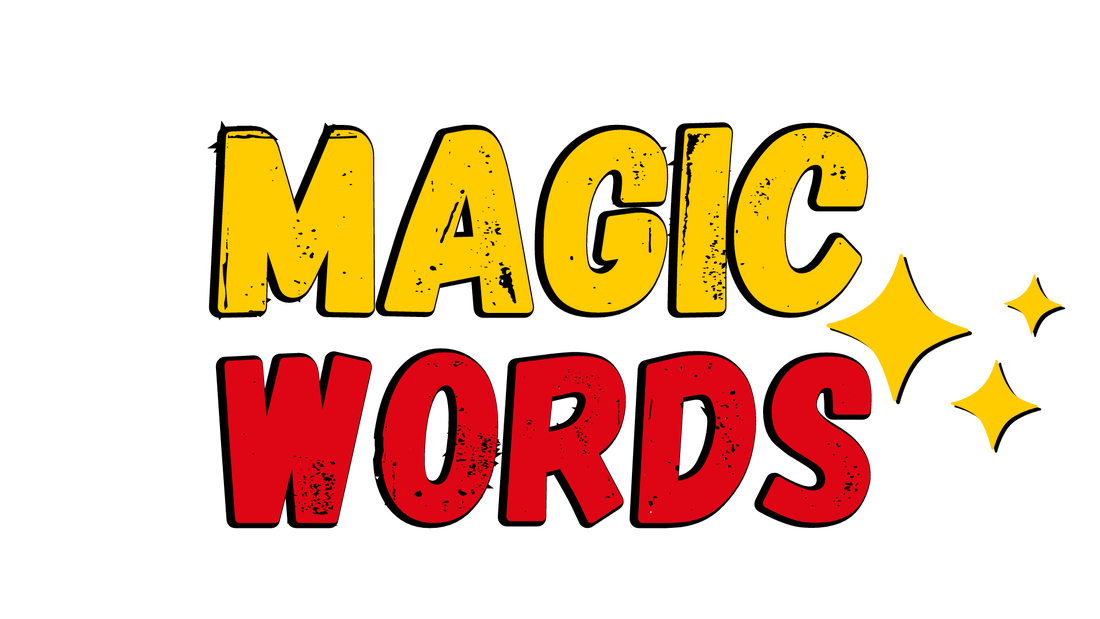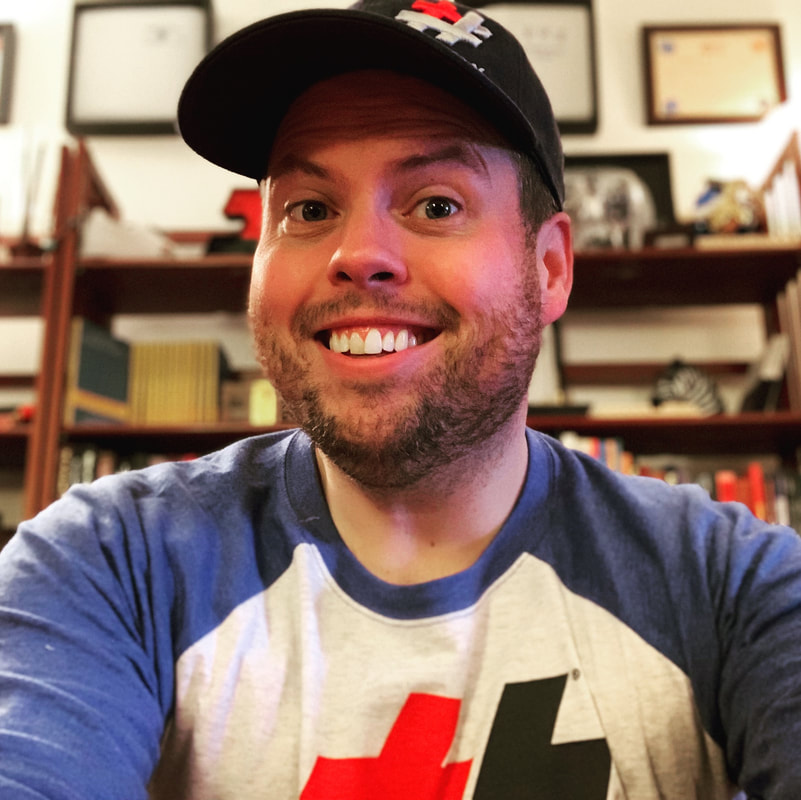|
"Initiative is the ability to independently assess & take action." — Jonas Cain Read the full story ⬇︎ She was only 22 years old, yet despite her young age and limited training, Judith Feist became the director of an orphanage in France.
This begs two questions: Why would they entrust someone so young and with no credentials with so much responsibility? And why would she accept this responsibility at all? The answer to the first question is quite simple: No one else wanted the responsibility. The orphanage housed 100 boys who were survivors of the Buchenwald concentration camp during World War II. The boys didn’t trust anyone, conditioned to view authority as a threat. They were constantly caught stealing and hoarding food and would often be found fighting with each other. These boys were in rough shape and most people thought they were lost causes—and this included the previous director of the orphanage who simply had enough and stepped down because he couldn’t take it anymore. And that’s where Judith came in, a young social worker who saw a need and cared enough to be the person to step up, to take the initiative, and do something about it. As the comedian Lily Tomlin once said, “I always wondered why somebody doesn't do something about that. Then I realized I was somebody.” Despite her young age and little training, Judith had profound compassion for these boys and wanted to make a positive difference in their lives, but she also knew it was going to be a challenge, especially to earn their trust. The first thing she did was learn everyone’s name and began learning Yiddish so she could speak their language. Before long, she started seeing smiles every time she greeted a boy by name. Next, she instituted an open-door policy for the kitchen. As a result, stealing and hoarding food stopped overnight. Then, she made new room assignments, rooming the boys by their hometowns rather than by their age. There were eight-year-olds rooming with sixteen-year-olds—where the older boys looked after the little ones, the little ones looked up to the older boys. Overnight, the fighting stopped. Eventually, things improved so much that she was able to bring the boys on a field trip to see a performance of the opera The Magic Flute. It was during that trip that Judith saw in their eyes for the first time a glimmer of hope and wonder. All of these changes were small, but they had a huge impact on the boys. Twenty years after leaving the orphanage, the Nobel Prize winner Elie Wiesel—who was one of Judith’s boys at the orphanage—wrote her a letter stating: “The fact is that all the children could have chosen violence or nihilism but you succeeded to direct us toward confidence and reconciliation. You supported and encouraged us to choose a stake in the future and in community. Judith, do you realize how much you meant to our very existence?” When we recognize a need, we can wait for somebody to care enough to step up and do something about it, or we can recognize that we are somebody and step up ourselves. We don’t need any credentials to make a difference—we only need two qualities: Be able to recognize a need and have compassion to step up, take the initiative, and do something about it. If more people did that, I wonder what would happen to this world? Reflection How are you taking initiative to enact positive change in your world? WANT MORE? Hashtag Positivity can help you and the people you lead achieve growth by design through community engagement keynotes and assemblies, leadership development workshops, and change management coaching. Connect with Jonas today to discuss your challenges, goals, and obstacle.
0 Comments
Leave a Reply. |
FacilitatorJonas Cain, M.Ed. is a storyteller, magician, musician, and facilitator of fascination on a mission to help you experience abiding joy. Magic Words
All
Archives
May 2023
|





